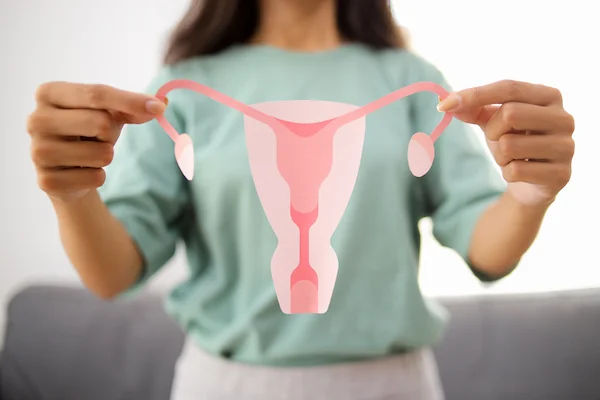- Male
- 25 Years
- 29/01/2025
I've been dealing with some mild pain and discomfort in my perineal area for the past month. It kind of feels like something's trying to push its way out, and there's this sensation of stretching inside. I went to a urologist, but he suggested I see a neurologist instead. What could be going on with me?
More Urology Health Queries
View allI'm getting married in August and have a really tight foreskin. Do I need to get circumcision surgery? How long does it take to recover and how painful is it? Will the surgery affect how I walk after?
MIGHT TAKE 1-2 WEEKS .
Answered by 1 Apollo Doctors
My foreskin is really tight and hard, making it difficult to pull back. Is this something serious? Do I need surgery to fix it?
A tight foreskin, known as phimosis, is not always a cause for concern, especially in children, as it can naturally loosen as they grow. However, if it's painful, prevents proper hygiene, or leads to complications, it may require treatment, which could include steroid creams or, in some cases, surgery.
Answered by 1 Apollo Doctors
I've been using mintop minoxidil topical solution 5 for the last year and a half. In the past six months, I've noticed my libido has been dropping, and now it's completely gone. I have no erections and my semen seems watery. I stopped using minoxidil a month ago, hoping things would get better, but there's still no change. Everyone keeps saying minoxidil is safe, but it feels like it's turned my life upside down. I don't care about my hair anymore; I just want my libido back. Will I ever regain it?
Minoxidil is generally safe, but your symptoms might suggest other underlying issues, such as hormonal imbalance or psychological factors. Please consult a doctor or endocrinologist for a thorough evaluation and treatment plan. With proper care, your libido and overall health can often be restored.
Answered by 1 Apollo Doctors
Disclaimer: Answers on Apollo 247 are not intended to replace your doctor advice. Always seek help of a professional doctor in case of an medical emergency or ailment.






